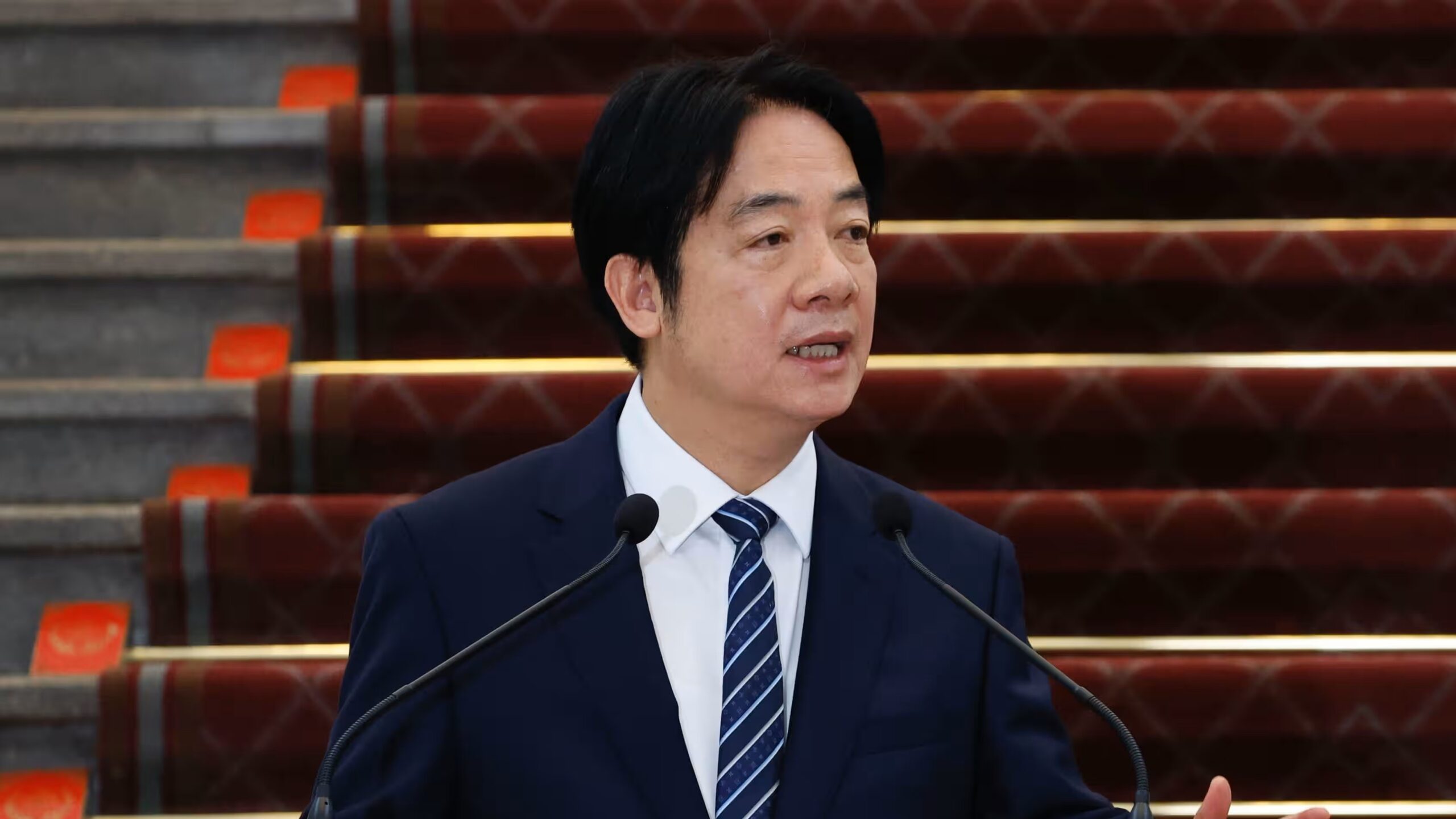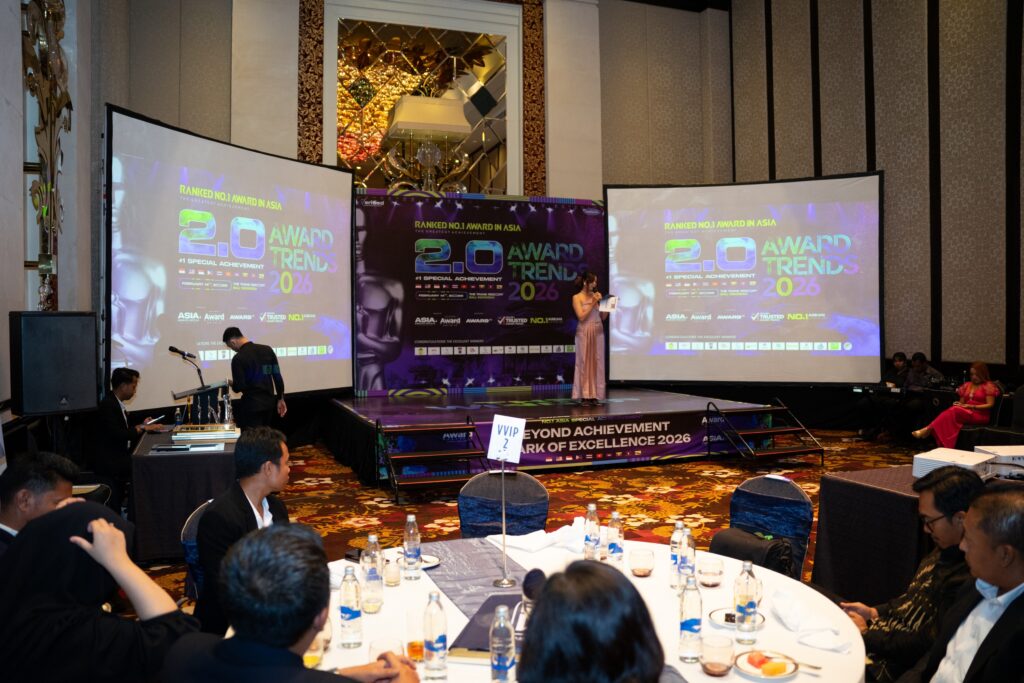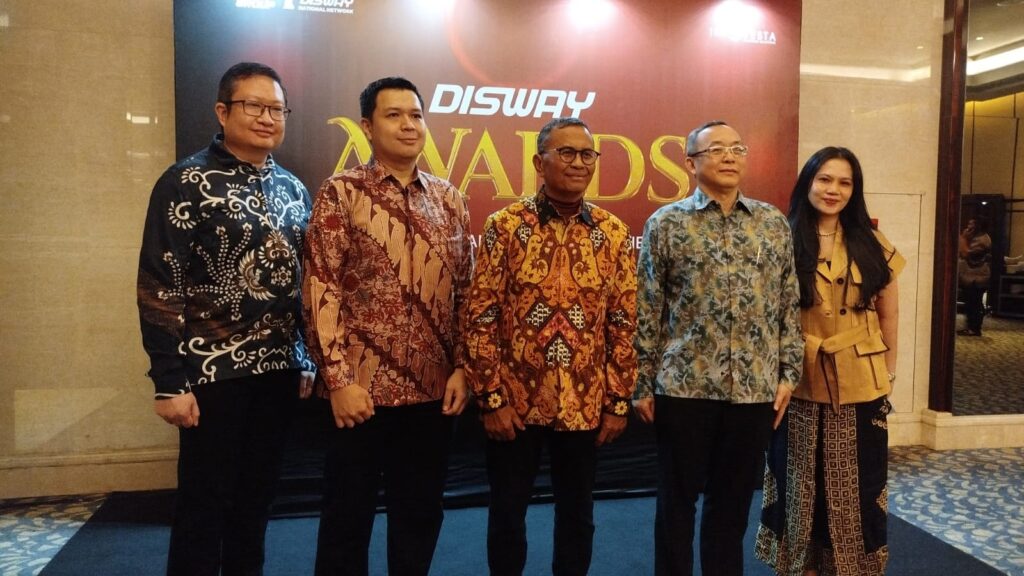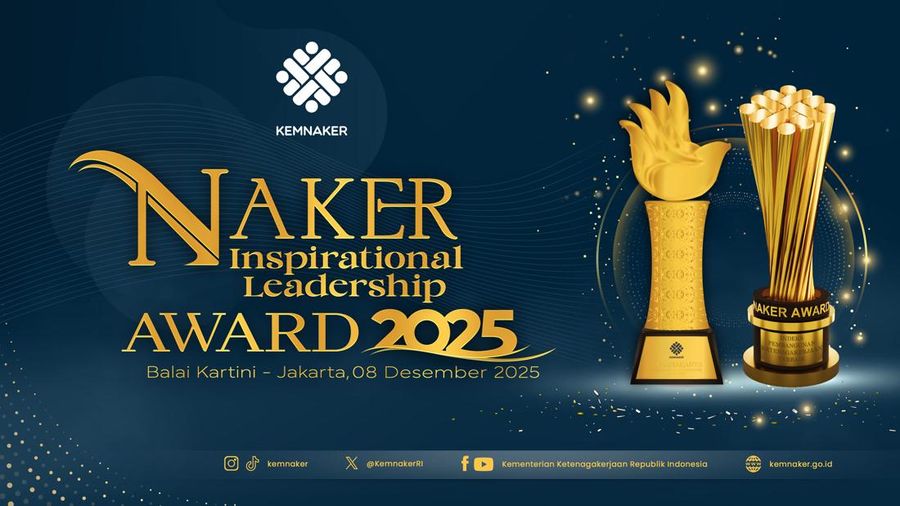Taipei — Marking his first year in office, Taiwan President Lai Ching-te reiterated his administration’s openness to peace and dialogue with China, amid intensified military activity in the Taiwan Strait and growing political polarization at home.
Speaking at a national address followed by a press conference on Tuesday, Lai stated that while Taiwan remains committed to peace, it must simultaneously invest in strengthening national defense. “Peace is priceless, and in war there are no winners,” he noted, emphasizing a firm but measured stance in the face of rising regional risks.
Despite expectations for a more confrontational tone, the formal address notably avoided direct references to China. The president focused instead on domestic climate targets, economic resilience amid U.S. tariff pressures, and the internal gridlock in Taiwan’s legislature. Cross-Strait concerns were addressed only during the post-speech Q&A, where Lai called for “dialogue to replace confrontation.”
His administration has been criticized by China’s state media for allegedly escalating tensions. Xinhua accused Lai of promoting separatism, while Beijing has continued large-scale military maneuvers near Taiwan’s airspace and waters.
For regional industries and global corporations operating in East Asia, the current developments underscore the importance of closely monitoring Taiwan’s geopolitical climate. China’s expanded military presence—averaging 20 aircraft and 11 naval vessels daily near Taiwan—has prompted concerns over supply chain continuity and investment stability across critical sectors, including semiconductors, shipping, and defense.
Adding to the domestic challenge, Lai faces a divided legislature where opposition parties hold the majority. In response, he announced plans to initiate national security briefings for opposition leaders—signaling a potential softening of partisan dynamics amid heightened national tension.
The Kuomintang (KMT) cautiously welcomed the move as a “small step” toward broader cooperation, though it criticized the administration for allegedly curbing dissent in the name of national security.
For investors, partners, and stakeholders in the Indo-Pacific region, Lai’s dual emphasis on national defense and diplomatic overtures presents both a risk management concern and an opportunity. Stakeholders are advised to remain informed on potential shifts in U.S.-China relations, which may recalibrate strategic positions on Taiwan.
In a region where political narratives are tightly interwoven with economic outcomes, Taiwan’s leadership signals a commitment to stability—albeit under increasing pressure to navigate both internal political complexity and external strategic competition.






